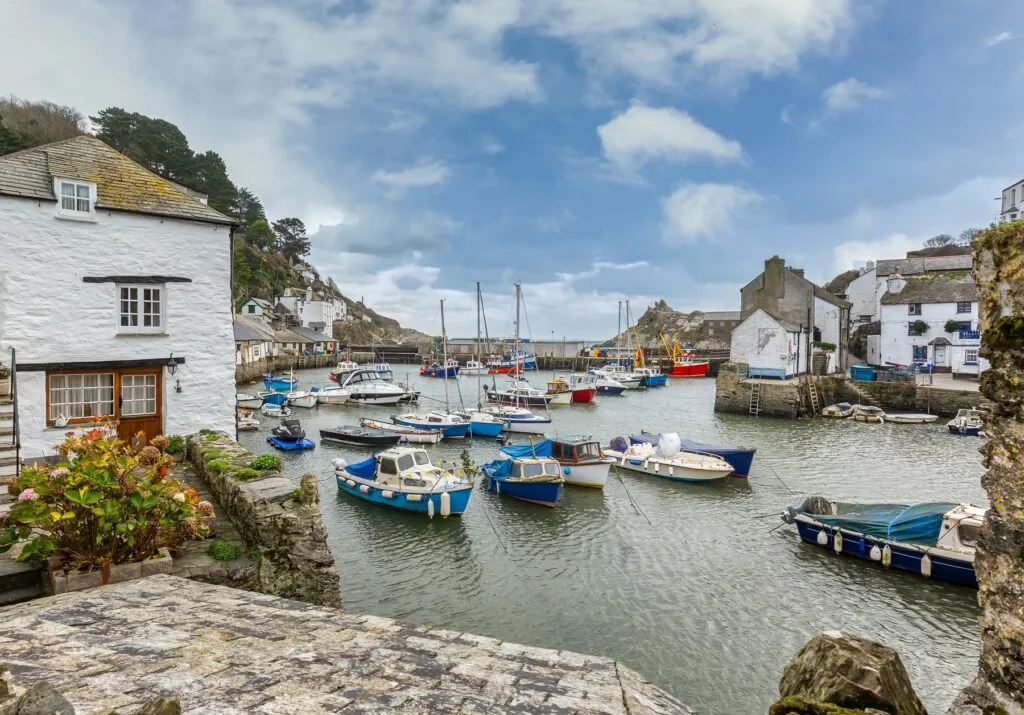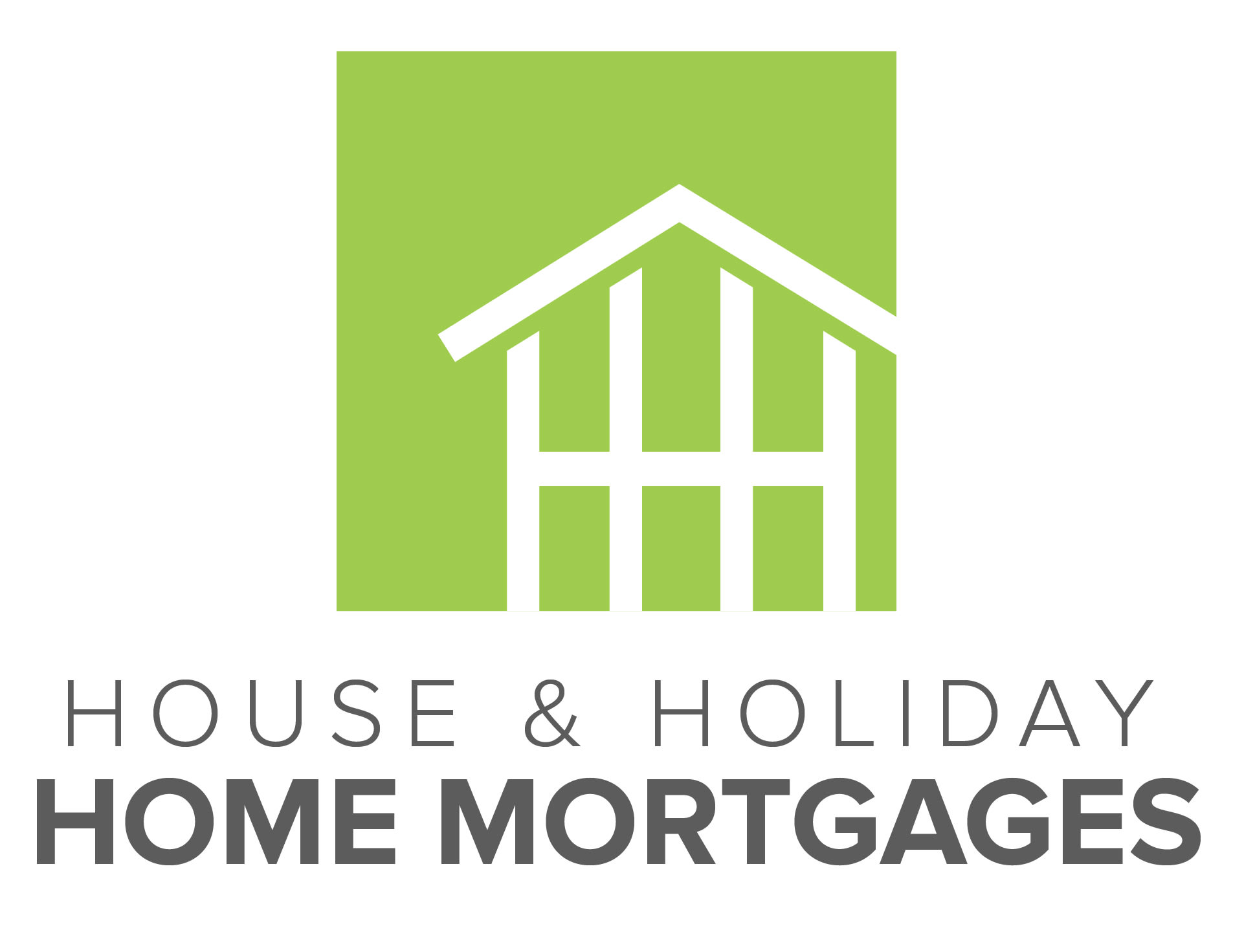A guide to holiday homes in Devon & Cornwall

With landscapes and culture steeped in history and tradition, the beautiful counties of Devon and Cornwall are among the most popular holiday destinations in the UK.
Whether you’re looking for beautiful countryside, world-famous landmarks, stunning coastline or quirky and unusual places to visit, Devon and Cornwall – collectively known as the West Country – offer something for everyone.
It’s little wonder that they’ve become a hotspot for people looking to invest in second homes or holiday properties.
With a buoyant holiday let market and visitor economy, many people view Devon and Cornwall as the ideal place to take the plunge into holiday home ownership.
So, if you’re looking to invest in this beautiful part of the UK, here are a few things to consider…
Holiday home locations in Devon & Cornwall
As we said above, if you’re looking to invest in a holiday home in Devon or Cornwall, there are plenty of places to choose from.
In fact, there’s so much on offer in the West Country that we couldn’t possibly do it all justice in a single blog, so here, we’ll focus on the highlights.
If you’re looking for stunning landscapes, countryside and wildlife, then you’re in luck.
Dartmoor National Park is southern England’s largest expanse of wilderness, covering 365 square miles of raw granite and moorland. It’s a living testament to the Stone Age, with remnants of the tin-mining industry for which the region is famed.
Torquay, meanwhile, is Devon’s principal coastal resort, known as the capital of the ‘English Riviera’. It boasts stunning beaches and one of the warmest climates in the UK.
Over the boundary in Cornwall, there are plenty of traditional towns and quaint villages dotted along the coast that would make the perfect location for your holiday home.
From the fortified site of Tintagel Castle – with its mythical links to the legend of Camelot – to the rock-walled harbour of Boscastle, there are plenty of places that prove a major draw for tourists. Penzance, Lizard Point, St Ives and Land’s End are also crowd-pleasers with plenty to see and do.
And if you’re into nightlife or city living, there are plenty of options.
The Roman city of Exeter is dominated by the twin towers of its medieval cathedral and offers a rich selection of restaurants, bars and things to do. Plymouth, meanwhile, is a coastal resort steeped in naval history.
The Cornish resort of Newquay is on the opposite side of the Peninsula and is a mainstay for surf and party-loving Brits looking for a good time. Nearby is Cornwall’s Eden Project, which recreates the world’s principal ecosystems in its enormous biospheres.
The list is seemingly endless, and we could go on.
The point is there’s so much to do in Devon and Cornwall that makes owning a holiday property there a sound investment. Whether you’re renting it out or using it yourself, you and your guests will never be short of places to visit and things to see.
Making the most of your West Country holiday home
If you plan to buy a holiday let in Devon or Cornwall, it’s essential to understand the market to make sure your property appeals to your target audience.
For example, many resorts across the West Country are family-friendly, so ensuring your property caters to this market and has plenty to do to keep children occupied is vital.
Likewise, if you’re investing in somewhere like Newquay, which tends to be a magnet for large groups of young people, is your property geared up, styled and priced to appeal to this audience?
Location is another thing to consider. Is your property remote or close to local amenities?
Does it have mod-cons like wifi? What’s the parking like?
These are all things you need to think about when investing in a holiday property, as they could affect your success at letting it out.
It’s also important to be aware of the financial commitments of owning and running a holiday let business. Saving for a deposit and getting a mortgage is one thing, but there are plenty of other costs involved in buying a holiday home, from moving costs, refurbishment and repairs to insurance, decorating and gas/electrical safety checks.
These can quickly add up and eat away at your budget. You’ll also need to bear in mind the marketing or advertising costs and ongoing servicing, management or maintenance fees you may need to pay to keep your holiday home clean and tidy in-between lets.
What type of mortgage do I need?
If you’re thinking of buying a holiday home in Devon or Cornwall, then deciding what you plan to use it for will help determine the type of mortgage you need.
There are significant differences between holiday homes for personal use and properties let out to tourists.
If you’re planning to use yours for the latter, you’ll need a holiday let mortgage, which is specifically designed for this type of property.
Because HMRC views holiday let properties as income-generating businesses, they are subject to strict rules. You should seek independent tax advice about this before proceeding.
The lending criteria for holiday let mortgages are also much tighter, and the application process is more robust. So, getting expert, independent advice from a mortgage broker with experience in the holiday let market is essential.
However, if you decide to take the plunge and invest, there are plenty of fantastic properties across Devon and Cornwall which offer tremendous potential as a holiday let or investment property.

